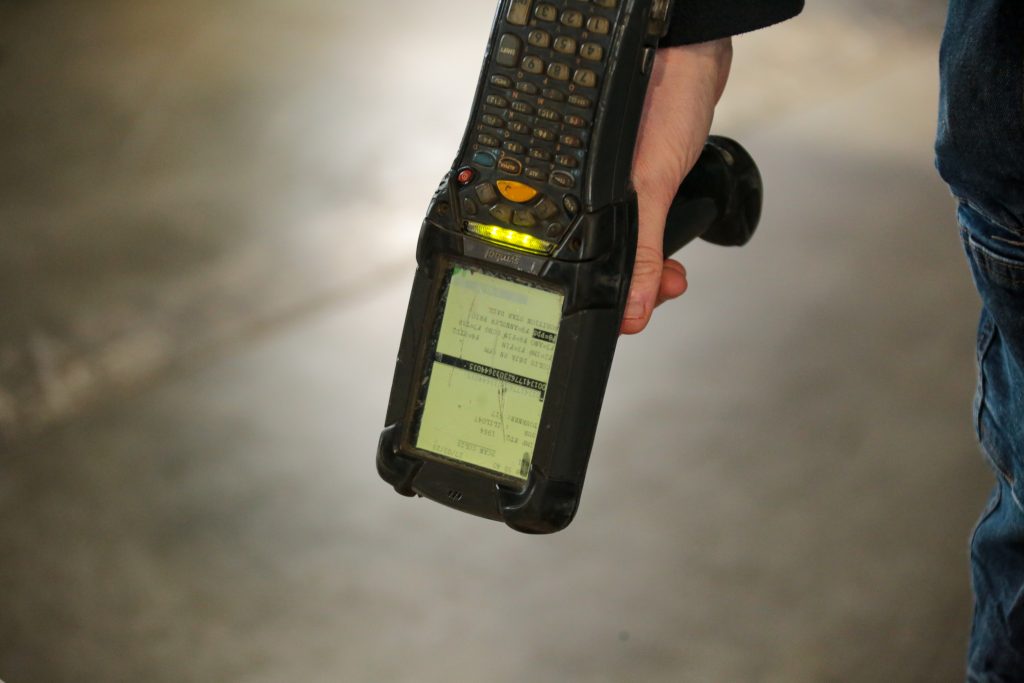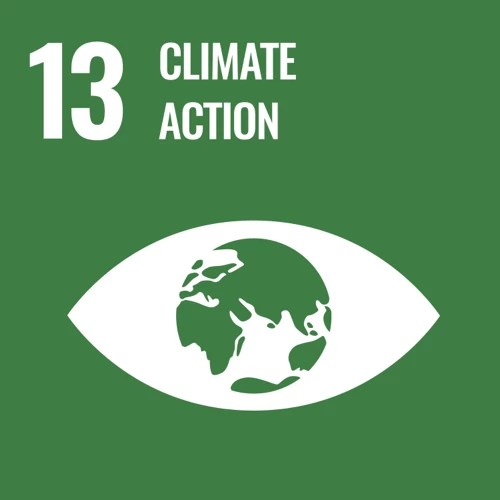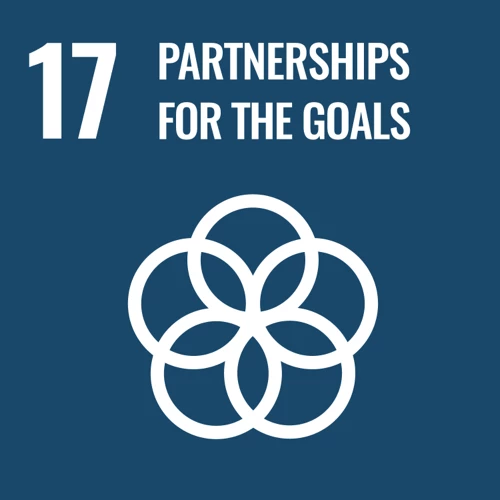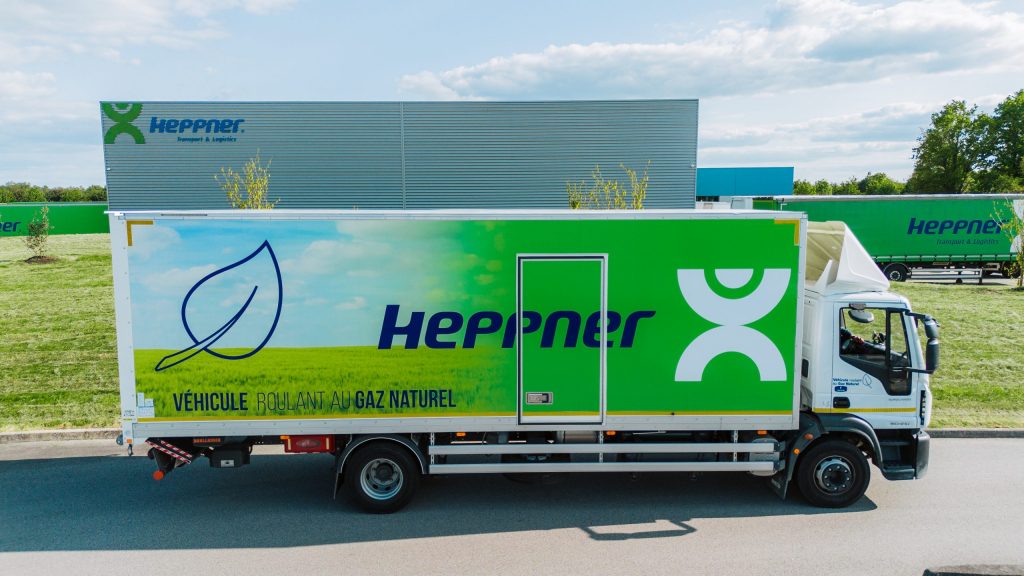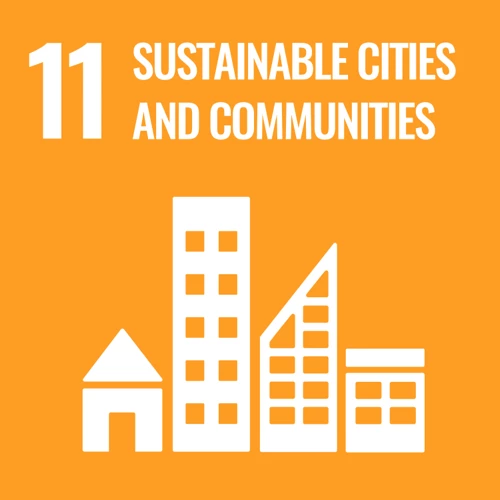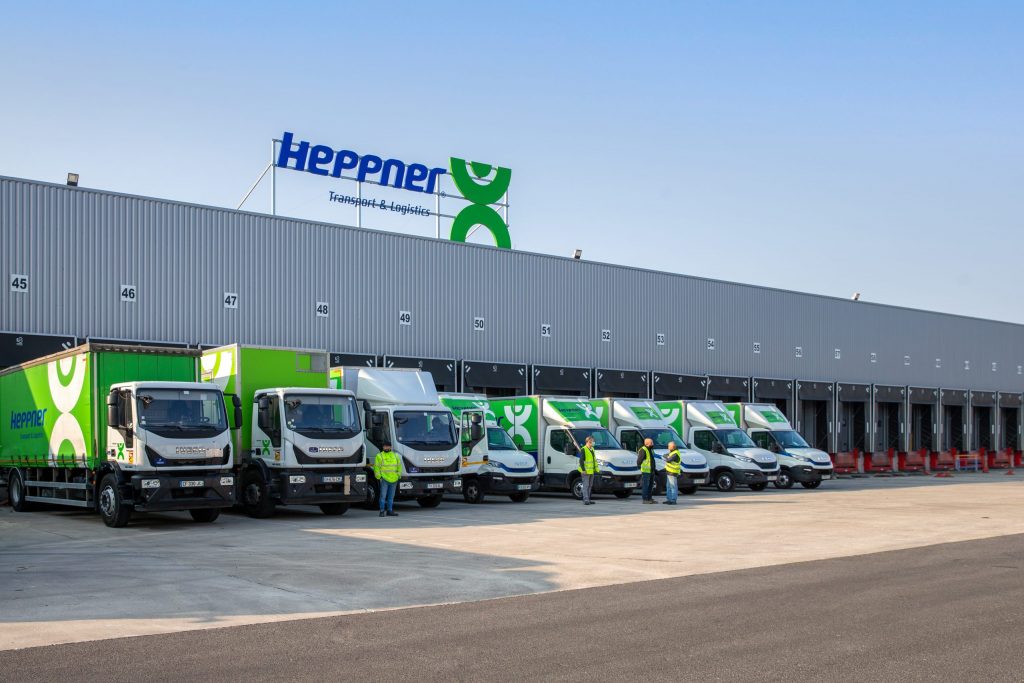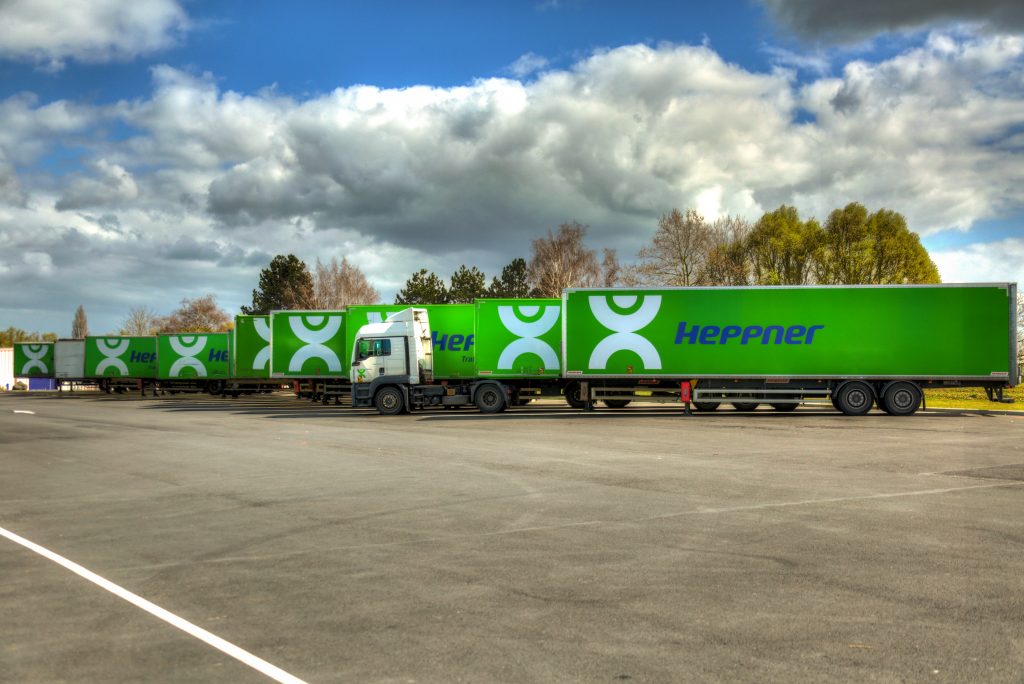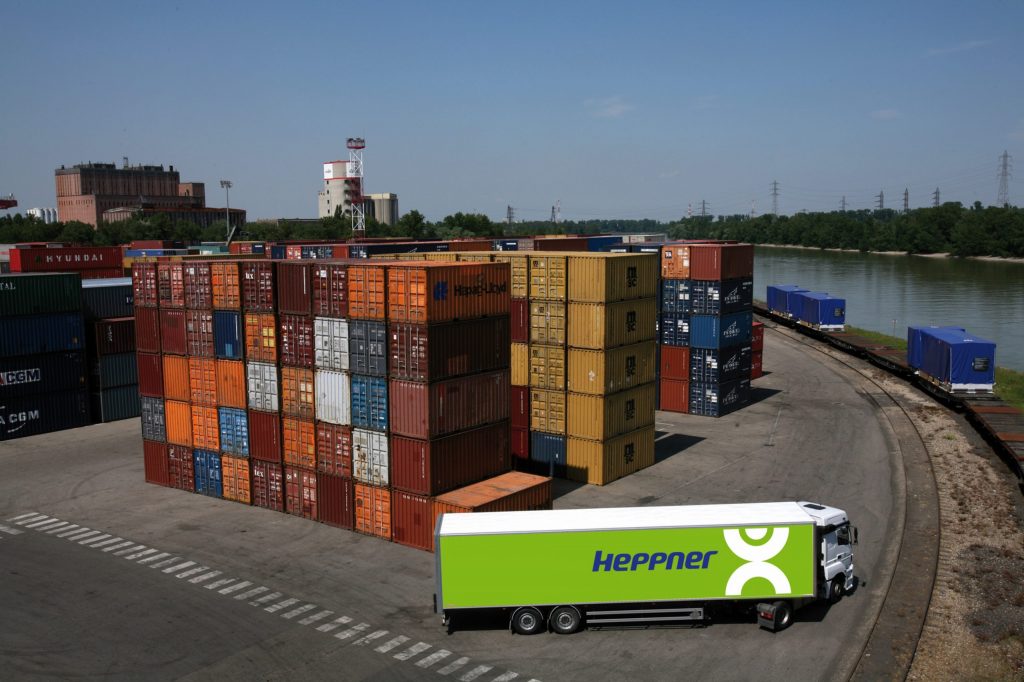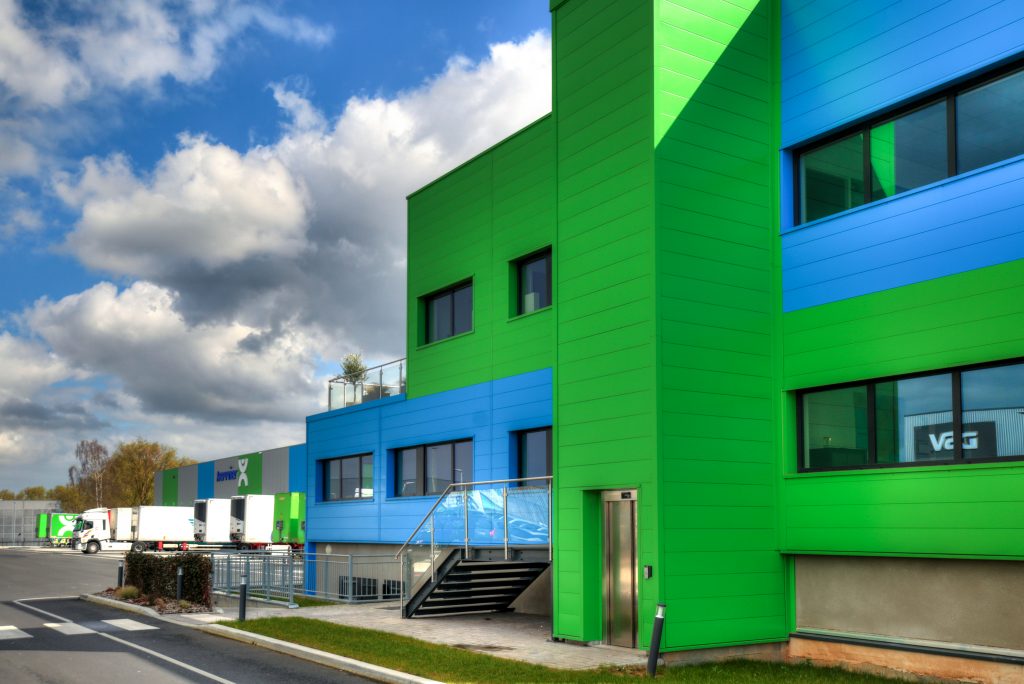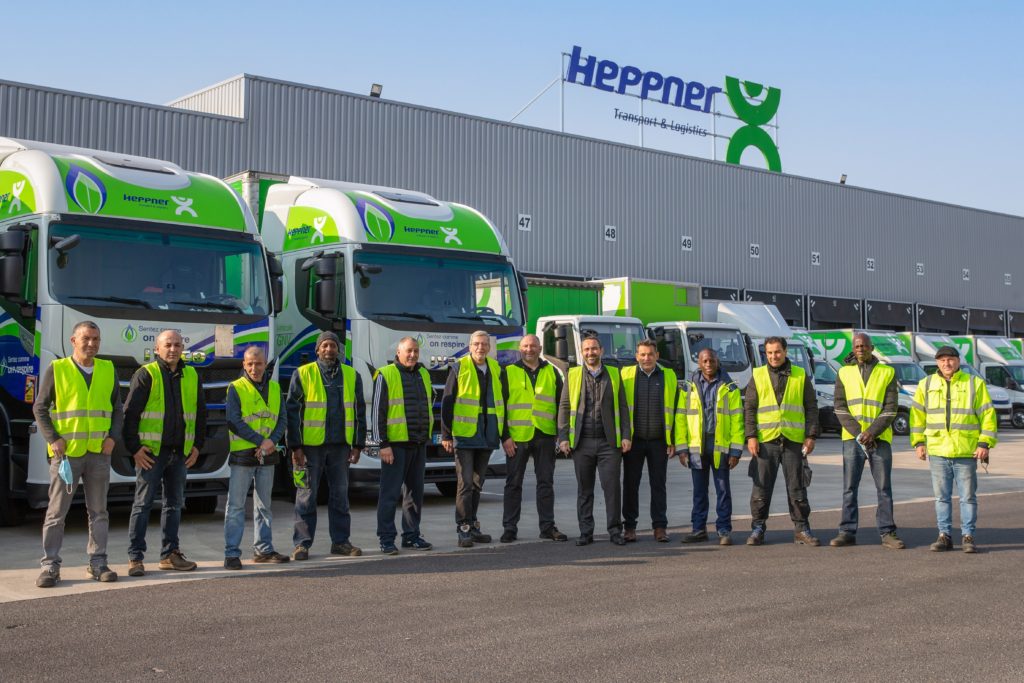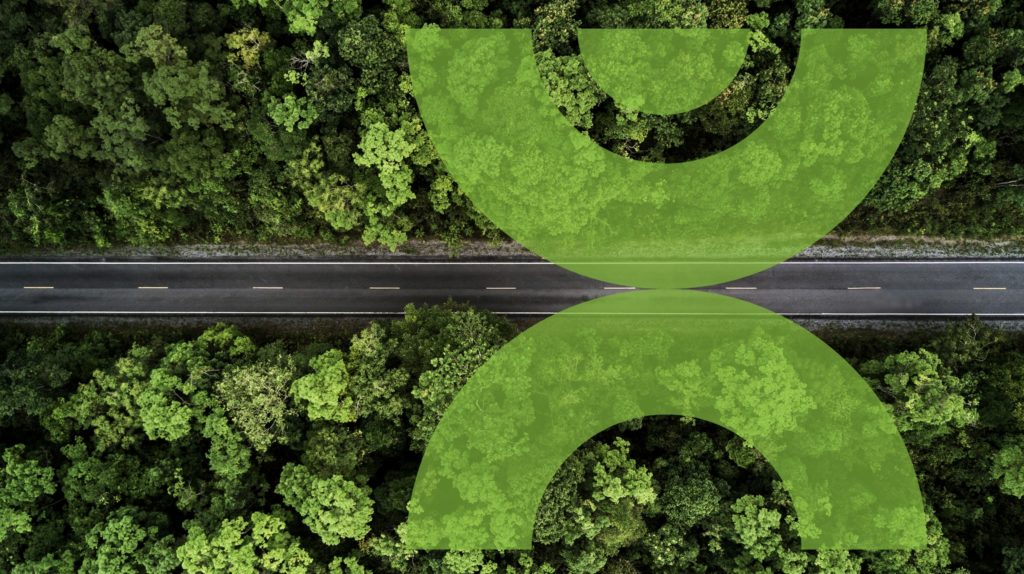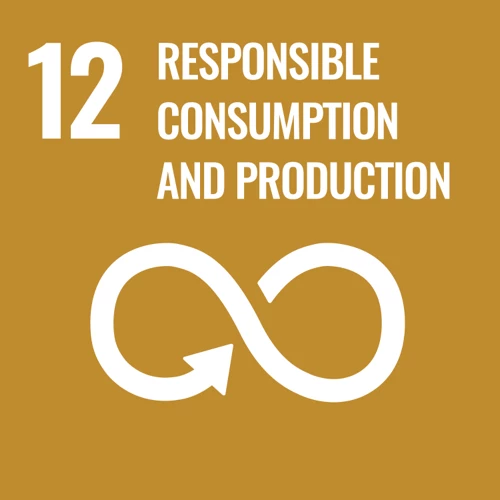European "fit for 55" plan
With its “Fit for 55” plan, Europe aims to reduce its greenhouse gas emissions by 55% by 2050. Heavy goods vehicles account for 20% of CO2 emissions in France’s transport industry; hence the need for a progressive transformation. For Heppner, this is achieved by a multi-pronged approach:
- Decarbonisation of transport itself with the evolution of fleets towards vehicles using fuels with lower CO2 emissions – such as biofuels or NGV and, of course, electricity – as well as through a modal shift (piggybacking, rail, inland waterways, etc.).
- Optimisation of transport through eco-driving, as well as optimisation of loads carried, and kilometres travelled.
- Involvement in the evolution of customers’ outlook by helping to promote alternatives and reformulating with a view to transforming expectations in terms of delivery times.
- An innovative mindset, often based on the “test and learn” principle, as well as partnerships with disruptive players that are changing industry outlooks.
Heppner X DCbrain: optimising transport plans with AI
DCbrain is a specialist in AI applied to flow networks. The Heppner Group has tested this solution, enabling it to optimise its transport plans in 2023, and will continue tests in 2024.

